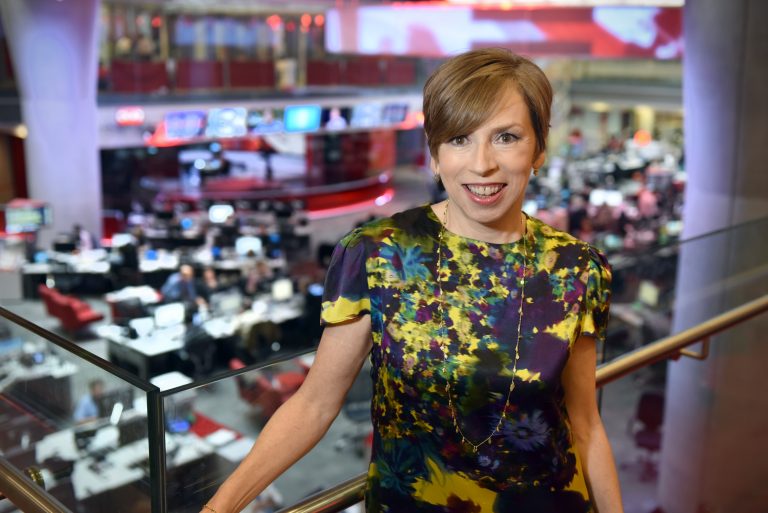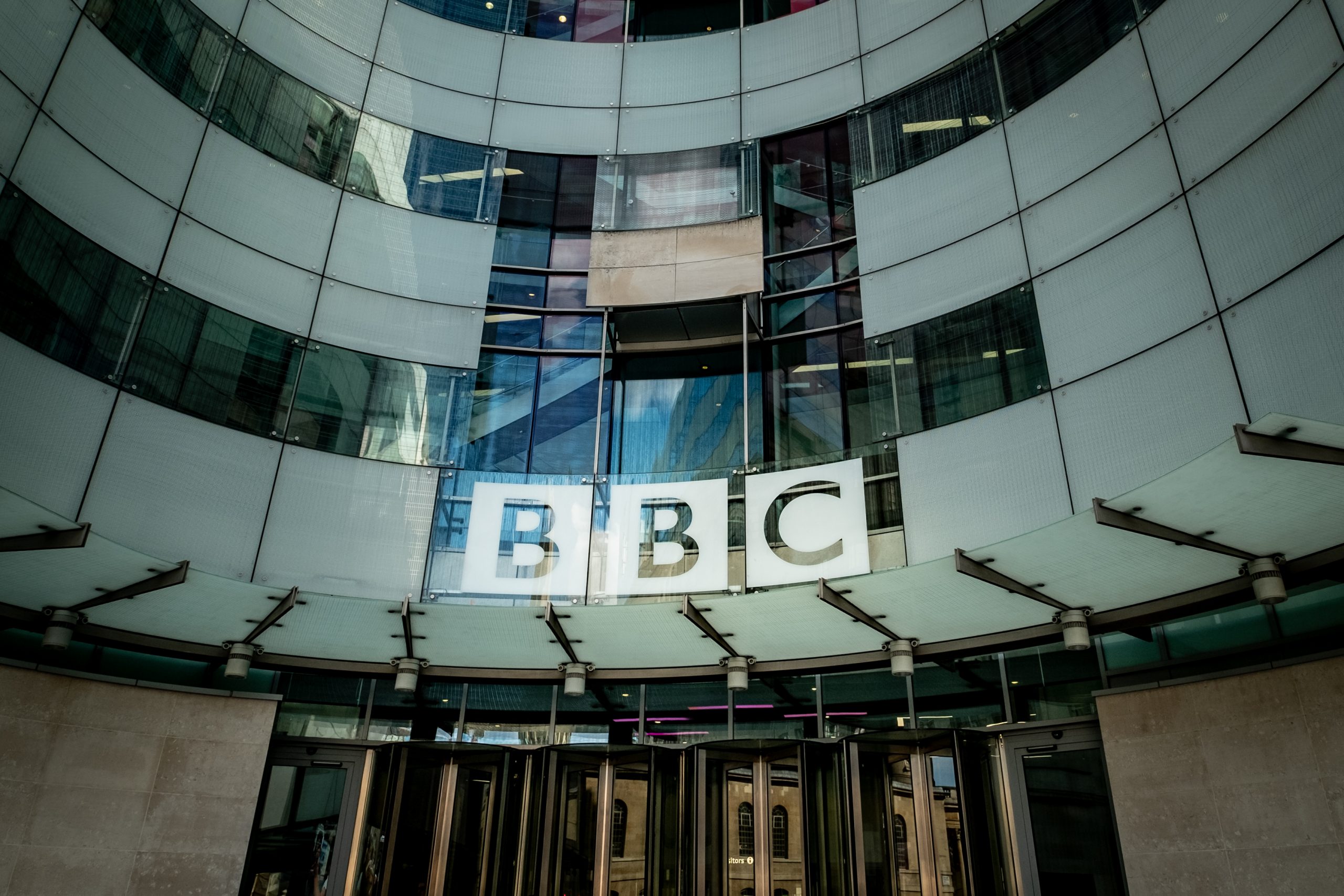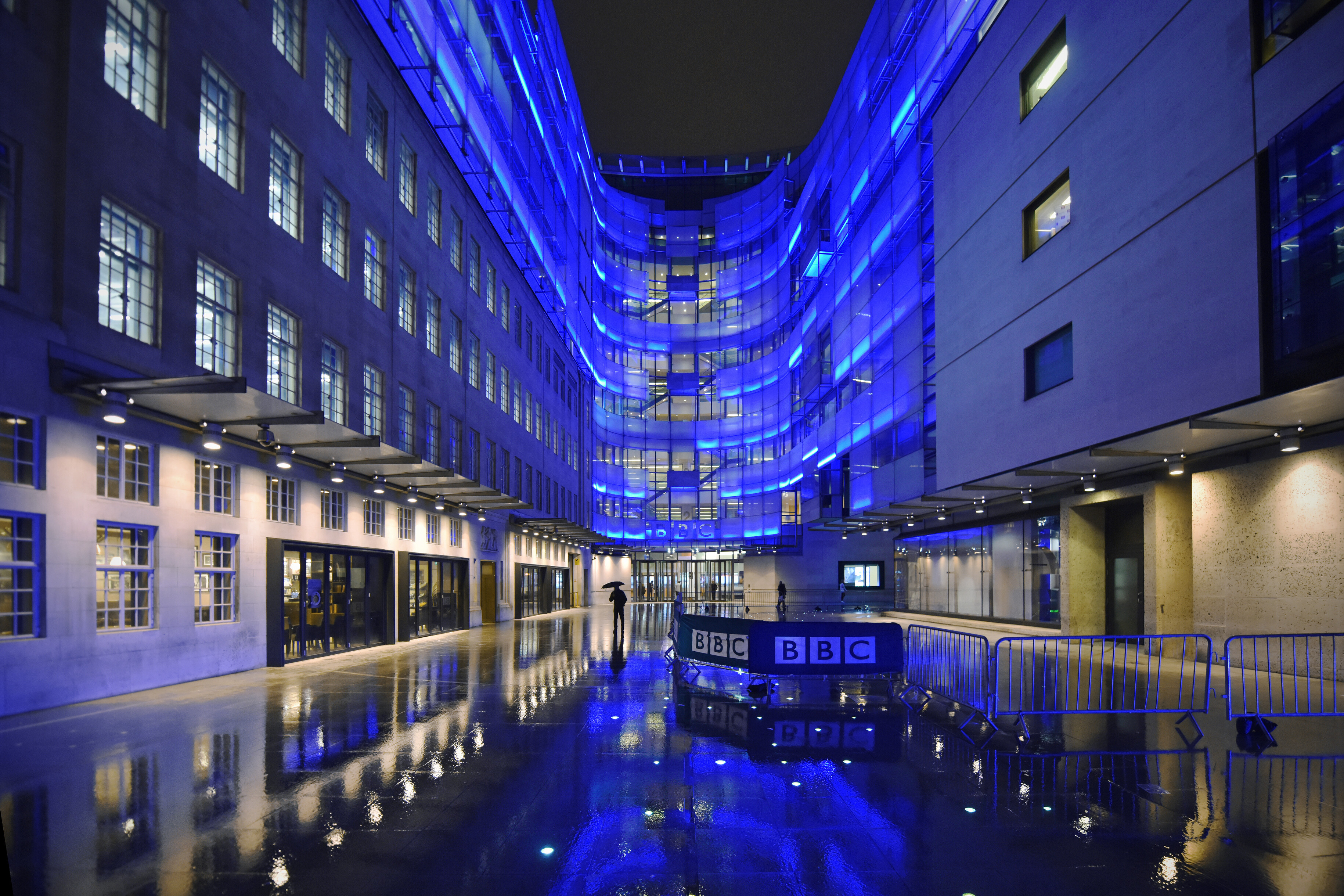MPs have reportedly rejected the BBC’s pleas to increase the cost of the licence fee in line with inflation, which could result in further cuts to its funding.
As reported by The Times, the revelation comes as negotiations continue between the public broadcaster and the government to determine the cost of the licence fee over the next five years. A ‘below-inflation’ rise would mean an overall reduction in the BBC’s main source of funding in real terms.
In 2016, the BBC and the UK government agreed on a deal for the licence fee to rise with the cost of inflation every year from April 2017 to April 2022. It currently stands at £159, up from £157.50 last year – its lowest rise since 2017. For £3.06 a week, audiences gain access to a multitude of services: 10 television services; more than 40 national and local radio stations; its streaming platform BBC iPlayer, audio platform BBC Sounds and more.
During the global pandemic, record audiences turned to the BBC for its independent and trusted news and enhanced remote learning resources. And since starting in September 2020, Director-General Tim Davie has made it a key priority to ensure that licence fee payers continue to get value for their money.
Yet despite its worth to society, the BBC has already ‘faced an effective real-terms reduction in income of around 30% since 2010/11 as a result of increased funding obligations, such as the World Service and S4C, and a five-year freeze in licence fee income from 2010’. In 2020 the BBC was also tasked with taking on the cost of licence fees for over-75s on Pension Credit. The additional costs come at a time when the organisation is having to make close to £1 billion in overall savings by March 2022. As part of this, the BBC’s news department is due a ‘major restructure’, with around 250 jobs expected to be cut.
📺 10 TV services
▶️ BBC iPlayer
📻 10 UK radio stations
📍 Over 40 Nations and local radio stations
🎧 BBC Sounds
💻 One of the UK’s most popular websites90% of the UK population use the BBC each week
A quick reminder about how much we all get from the licence fee 👇👇👇 pic.twitter.com/JjocYM0T28
— BBC Press Office (@bbcpress) July 6, 2021
Paul Siegert, National Broadcasting Organiser of the National Union of Journalists (NUJ) explained that ‘Cutting funding to the BBC, via a below inflation rise in the licence fee, will mean the BBC will be able to offer less to the public – less local and national news, less journalism, less on the radio, website and TV, and less diversity and less quality programming and output.’ He added, ‘There is certainly the money available to sufficiently finance the BBC, it is the political will and support that has been shortcoming.’
‘There is certainly the money available to sufficiently finance the BBC, it is the political will and support that has been shortcoming.’
If it comes to fruition, a rejected rise will be seen by many as being part of a long line of political attempts to undermine public media in the UK, with fears of it being a precursor to more radical reform ahead of the BBC’s charter renewal in 2027.
The current UK government has not been afraid to suggest reform to other public media organisations. It is also pushing plans to sell publicly-owned Channel 4 under the guise of growing competition and ensuring its long-term sustainability. But such a move could result in irreversible changes to the UK media landscape, from reduced diversity of content and representation – such as Paralympic Games coverage – to fewer commissions for independent producers. It is these unique qualities that make Channel 4 an invaluable asset to the UK’s public media system. The consultation on the privatisation of Channel 4 is due to end on 14th September.
Negotiations over the cost of the licence fee are due to conclude within the coming weeks. The Public Media Alliance will continue to monitor the situation closely and advocate for the importance of quality, independent, publicly funded public media.
Header Image: The BBC or British Broadcasting Corporation headquarters building on Portland Place. Credit: Willy Barton/Shutterstock.com
Related Posts
16th June 2021
PMA condemns the harassment of BBC journalist at anti-lockdown protest in London
It is critical to democracy that…
25th May 2021
Dyson Report | The BBC’s independence must not be undermined because of historic failings
Like many other current and former BBC…
12th February 2021
PMA Statement: China’s ban on BBC broadcasts is cause for deep concern
The Public Media Alliance is deeply…


